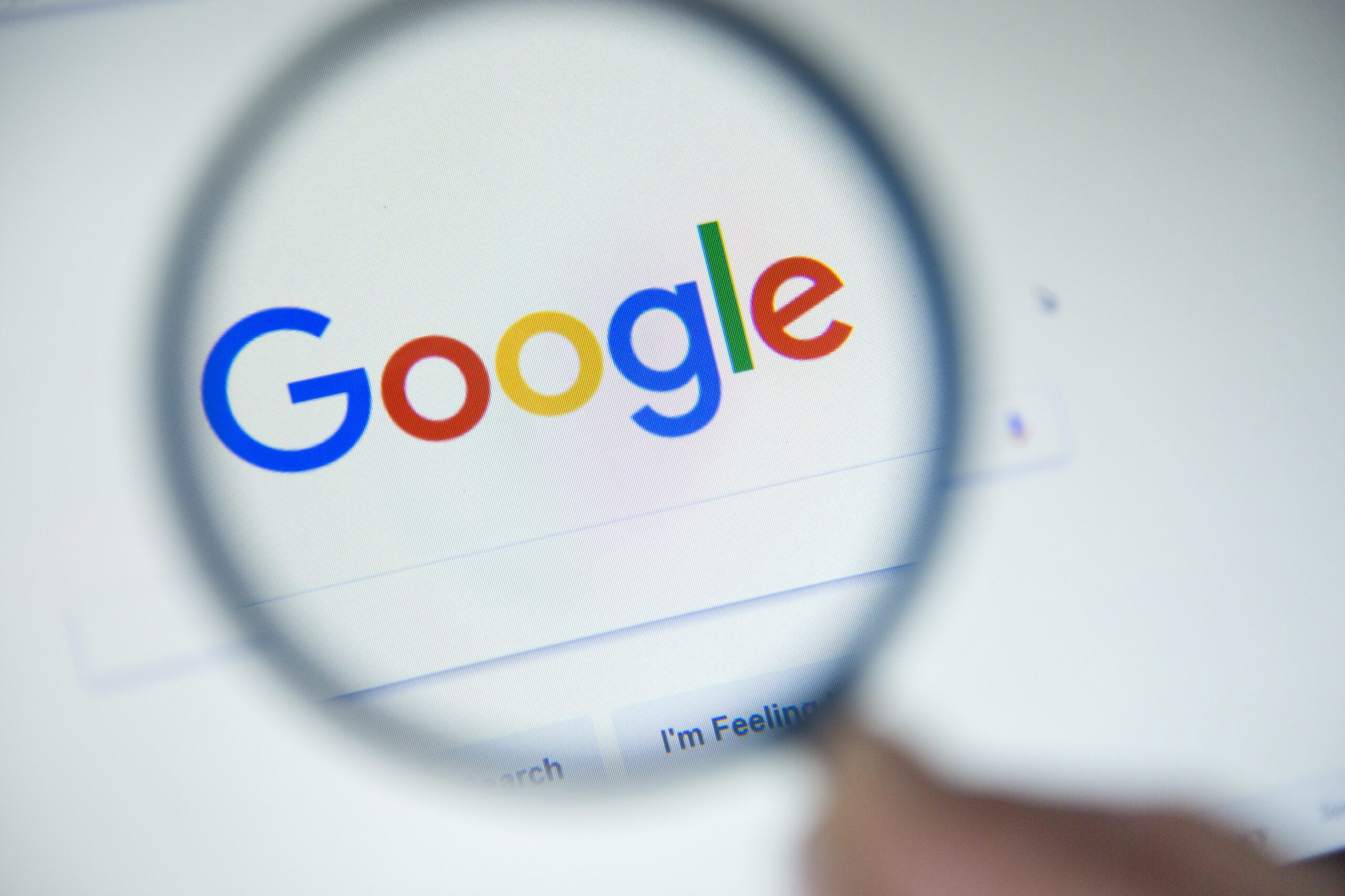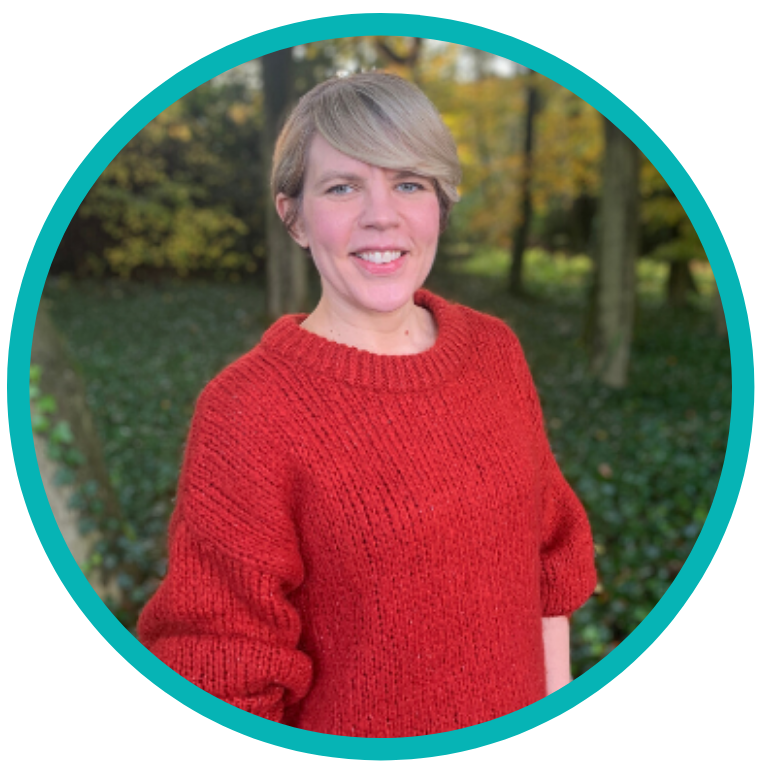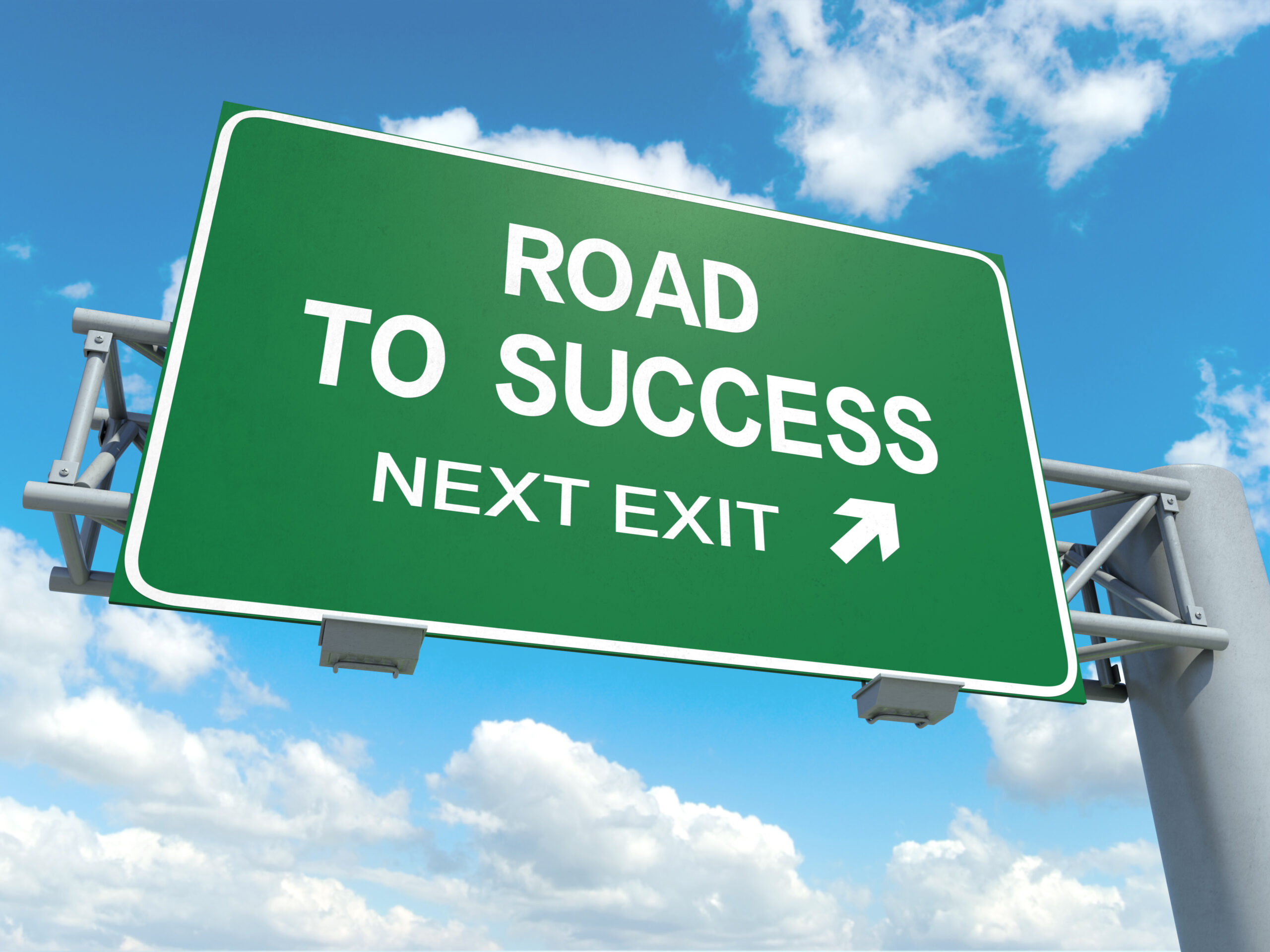Ever heard of The Familiarity Principle? Also known as the Mere Exposure Effect, the concept was developed by scholar Robert Zajonc to describe the psychological phenomenon by which humans and animals tend to develop a preference for people, products, and ideas merely because they are familiar with them.
Think about the relationships in your life. The more often you see someone, the more familiar they become and, chances are, you like them more (or less!). If you have pets, they might show a daily ease with the postman yet hide away from that relative who hardly ever visits. And even the most intrepid gastronomes amongst you might hesitate before trying a new dish you don’t recognise.
In marketing, as in life, we know what we like – and we like what we know
More importantly, we trust what we know. New things raise doubt, suspicion and maybe even fear. Yet, with exposure, we move past these emotions, and what was once resistance or tolerance becomes curiosity, then acceptance, followed by affinity and eventually loyalty.
These evolutionary traits sit at the crux of the familiarity principle, which is a key component of -Google’s 7-11-4 theory.

Google’s 7-11-4 theory explained
In case you haven’t read our introduction, Google has expanded the typical customer journey beyond the three traditional stages: the stimulus (e.g. advert), the first moment of truth (point of sale), and the second moment of truth (how the customer experiences the product/service post-sale).
Google’s 7-11-4 theory includes an earlier stage – the ‘zero moment of truth’ (ZMOT). During this initial stage, a buyer needs seven hours of interaction, across eleven touch points, in four separate locations before they make a purchase.
When potential customers see your content in four locations during the ZMOT, it cultivates familiarity with your brand. To circle back to our earlier explanation, your brand turns from distant relative to friendly postman and gets the dog’s tail wagging.
Locations don’t have to be physical places
You’d be forgiven for thinking that your four locations need to be physical spaces such as meetings, conferences, exhibitions, courses, corporate events, trade shows, networking lunches or fundraising dinners…
Not so. The 7-11-4 theory actually categorises ‘locations’ as any online or offline place in which you connect with new or existing customers. That includes virtual as well as physical locations – a blend of both works well.
The more you encounter your customer in these locations, the more aware your target audience becomes with your company name, brand, logo, and proposition, and the more likely they are to buy from you.
How can my business be in the right place, at the right time?
Call it luck, call it serendipity, call it chance – or call it strategy – meaningful customer connections are won or lost by being there in the locations and moments that matter.
Remember, this is about boosting familiarity – so you need to be consistent. You can’t just show-up once and be remembered – you need to work at developing your place in that negotiation, otherwise you’ll be forgotten.
Here’s how the story might go for you and your customers…
Your precise approach and the channels used will depend on your business and your target market, but tactics such as these will boost familiarity and awareness of your brand, making an impact in the ZMOT.
Need help navigating key locations?
Brevity is a marketing consultancy based in Hampshire. We supply a range of marketing and PR services, guided by our 5 Mandala Marketing Principles, which include: Personality, People Power, Performance, Personalisation and Positivity.
Google’s 7-11-4 rule allows you to maximise your ‘Performance’ potential because it creates prominence for your brand in the zero moment of truth. Being seen in the right locations by your target audience hooks leads and builds familiar bonds that – if nurtured – could lead to business success for years to come.
Being in the right place at the right time requires careful strategy, in-depth knowledge and a ready supply of high-quality content. Brevity’s team of marketing and PR experts can support you with the ideas, skills and expertise your brand needs to make it happen – leaving you to focus on other elements of your business. We’ll utilise multiple locations and measure the success of marketing and PR in each one to get you the best ROI. Contact us to find out more.

 Written by Kelly Cummins
Written by Kelly Cummins
